Amid the whirlwind of political battles in cyberspace, Elizabeth Nkuna, a grade twelve pupil at Hillside Girls Secondary School in Chipata district, reflects on how the political environment affects media freedom and freedom of expression in the country.
While acknowledging the presence of media freedom in Zambia, Nkuna highlighted how politics often hinders media professionals.
“Media freedom exists in Zambia, but there are still situations where individuals don’t have the freedom they deserve, often due to political interference. People politicize what journalists report,” Nkuna stated.
Read More: Student, Mulundu, calls for enhanced online security measures to combat cyberattack threats (Video)
In an interview with Zambia Monitor in Eastern Province, Nkuna, also the school’s Head Girl, emphasized that mainstream media often neglected coverage of marginalized groups such as the downtrodden, the differently abled, and rural communities.
“It’s challenging, especially in rural areas where not everyone has access to TV, radio, or phones. Consequently, many people lack information,” she explained.
Nkuna also noted that while some individuals fearlessly express themselves, others abuse this freedom by exaggerating or spreading misinformation.
“Unfortunately, some people exploit media freedom, crossing the line and exaggerating facts,” she said.
However, she added that fear of reprisal prevented some from expressing their opinions on government matters.
“Some individuals are afraid to voice their opinions on political issues or criticize the government due to fear of repercussions,” she explained.
Moreover, Nkuna expressed concern about the lack of awareness regarding media freedom and expression in the country.
“Some people are unaware of their right to voice their opinions or raise concerns about their well-being and national issues,” she stressed.
She also criticized the effectiveness of the Cybersecurity Act, noting that abusive comments persist on social media platforms despite its existence.
“Even simple posts attract negative comments, impacting the poster adversely,” she remarked.
Meanwhile, Grace Banda, a grade twelve house prefect at the same school, voiced concerns about the moral content on social media, suggesting that the Cybersecurity Act fails to adequately address moral corruption.
She urged the government to implement stronger policies to protect journalists and media owners.
“The government should enact stronger measures to safeguard individuals who express their views on government issues without fear or intimidation,” Banda emphasized.
Additionally, Banda highlighted how government scrutiny often determines the relevance of community issues, posing a barrier to freedom of expression.
Headline
Students discuss political influence on media rights, freedom of expression, digital rights.
WARNING! All rights reserved. This material, and other digital content on this website, may not be reproduced, published, broadcast, rewritten or redistributed in whole or in part without prior express permission from ZAMBIA MONITOR.

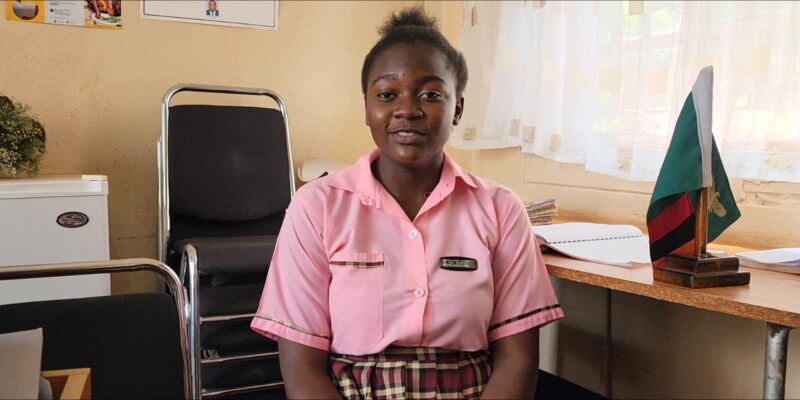
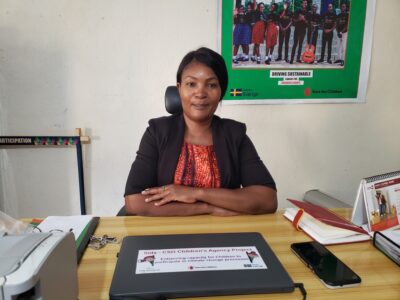
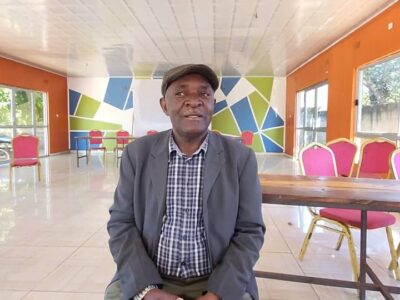
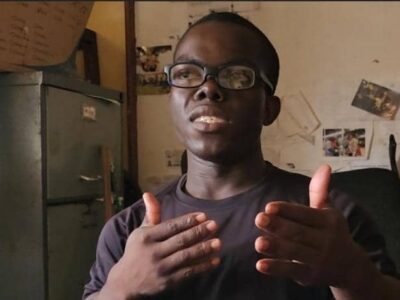
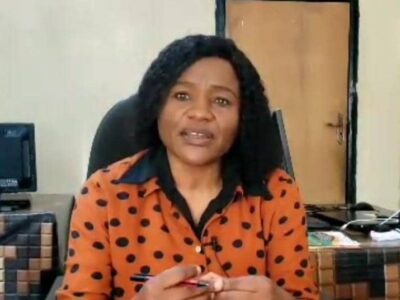
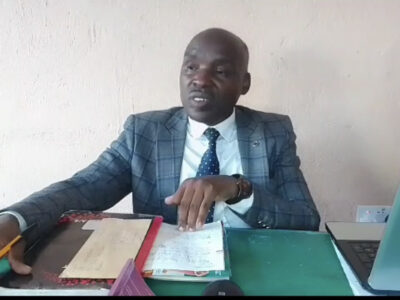
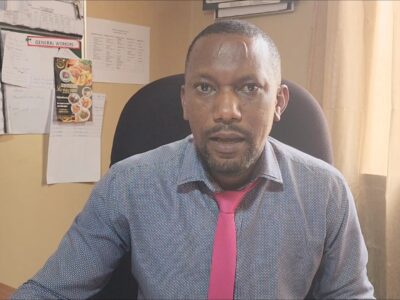

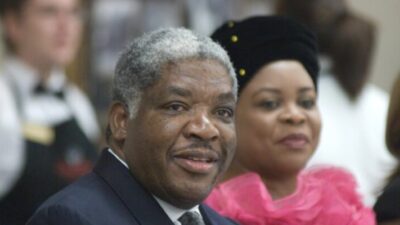
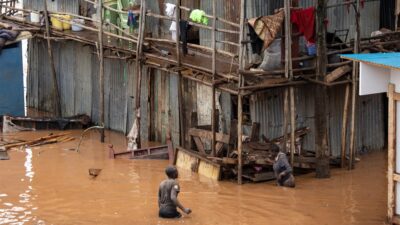

Comments